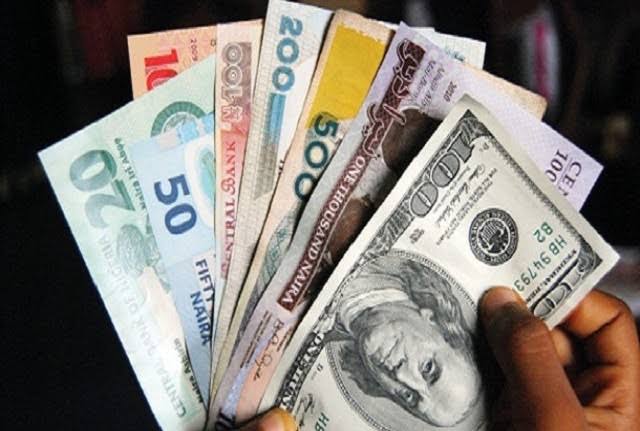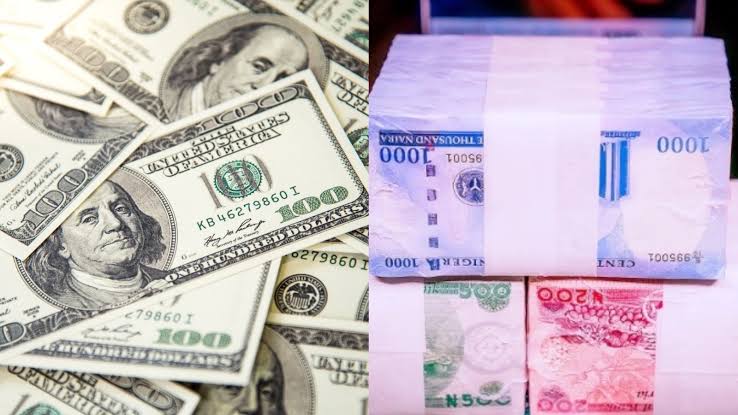Dollar to Naira Black Market Exchange Rate Rises: October 6, 2023
In the dynamic financial landscape of Nigeria, the Dollar to Naira Black Market Exchange Rate, commonly referred to as the parallel market, continues to witness the US dollar’s ascent against the Nigerian naira. This unofficial market, where foreign currencies are exchanged without official government authorization, has become the go-to reference for many Nigerians, providing a more realistic portrayal of the economic situation compared to official exchange rates.
The Dollar to Naira Black Market Exchange Rate on October 6, 2023:
As reported by bureau de change (BDC) operators, the black market exchange rate for the US dollar to naira is as follows:
- Buying: 998 NGN for $1
- Selling: 1007 NGN for $1
In simpler terms, black market traders are purchasing one US dollar for 998 naira from customers and selling it for 1007 naira. This represents a significant variance compared to official rates.
Official Exchange Rates as of October 6, 2023:
The Central Bank of Nigeria (CBN) sets its official exchange rates, which are as follows:
- Buying: 766.31 NGN for $1
- Selling: 767.31 NGN for $1
Under these official rates, the CBN acquires one US dollar for 767.31 naira and sells it for 766.31 naira through authorized dealers.
Furthermore, data indicates that the average bank exchange rate for the dollar to naira on the same date was:
- Buying: 790 NGN for $1
- Selling: 786.60 NGN for $1
This means that banks were selling one US dollar for 786.60 naira and buying it from customers for 790 naira.
Factors Influencing the Naira’s Depreciation Against the Dollar:
- Oil Prices: Nigeria’s economy heavily relies on revenue from oil exports. When oil prices decline, it reduces Nigeria’s foreign exchange earnings and negatively impacts its balance of payments.
- Forex Demand: Nigeria faces substantial demand for foreign exchange to cover imports, service debts, repatriate profits, and meet various obligations. This high demand often surpasses the available supply, exerting pressure on the naira.
- Forex Supply: Nigeria’s foreign exchange supply originates from sources such as oil exports, non-oil exports, remittances, investments, loans, and reserves. These supplies can be influenced by external factors like oil price fluctuations, global economic conditions, sanctions, and currency conflicts.
- CBN Policies: The Central Bank of Nigeria employs various policies and interventions to manage the naira’s exchange rate and stabilize the forex market. These measures encompass the multiple exchange rate system, the forex ban list, the forex allocation system, the forex intervention program, and the forex futures market.
- Market Sentiments: Market sentiments, including expectations, confidence, speculation, rumors, and emotions, significantly influence forex demand and supply. They can impact the behavior of forex dealers and customers.
The exchange rate of the dollar to naira holds pivotal significance as an economic indicator of Nigeria’s performance and stability. This rate varies across different markets, including the CBN, banks, and the black market. While CBN and bank rates are officially regulated, the black market rate is determined by market forces.
As of October 6, 2023, the CBN exchange rate for the dollar to naira was 767.31 NGN for $1, the bank exchange rate stood at 786.60 NGN for $1, and the black market rate was 1007 NGN for $1.







